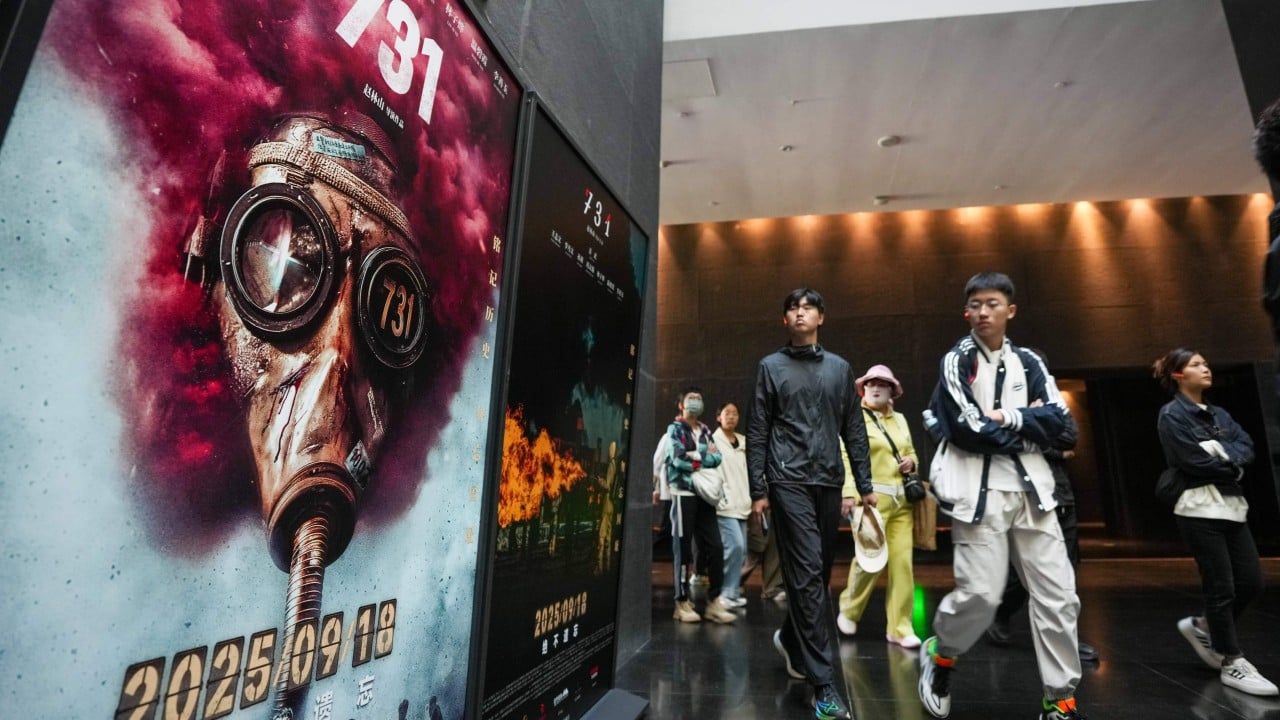A Chinese historical film about Japan’s wartime atrocities has drawn criticism not for its subject matter, but over what many viewers have described as a clumsy portrayal of one of the darkest chapters of World War II.
Advertisement
731 – a drama centred on the Imperial Japanese Army’s notorious biological warfare unit that conducted experiments on Chinese civilians under the guise of disease prevention – premiered on September 18 to coincide with the anniversary of the 1931 Mukden Incident, the false-flag attack on a railway that launched Japan’s full-scale invasion of Manchuria. The film’s other title for its international release is Evil Unbound.
In the months leading up to the release, there was concern within the Japanese government that the film’s portrayal of the horrors inflicted by Unit 731 in the war would provoke outbursts of anger – and potentially even violence – against Japanese living in China.
Instead, much of the public reaction has been focused on what audiences and reviewers saw as historical inaccuracies, implausible scenes and a perceived tone that undermined the gravity of the subject.
Analysts say the backlash reflects the deep sensitivity among Chinese viewers over Japan’s wartime legacy and a desire for dignified historical representation rather than stylised spectacle.
Advertisement
“Unit 731 committed truly horrific acts, yet by broadcasting a film that seems to trivialise the victims it gives the impression that perhaps the things they did were not so terrible,” said Dr Homare Endo, director of the Global Research Institute on China Issues.

